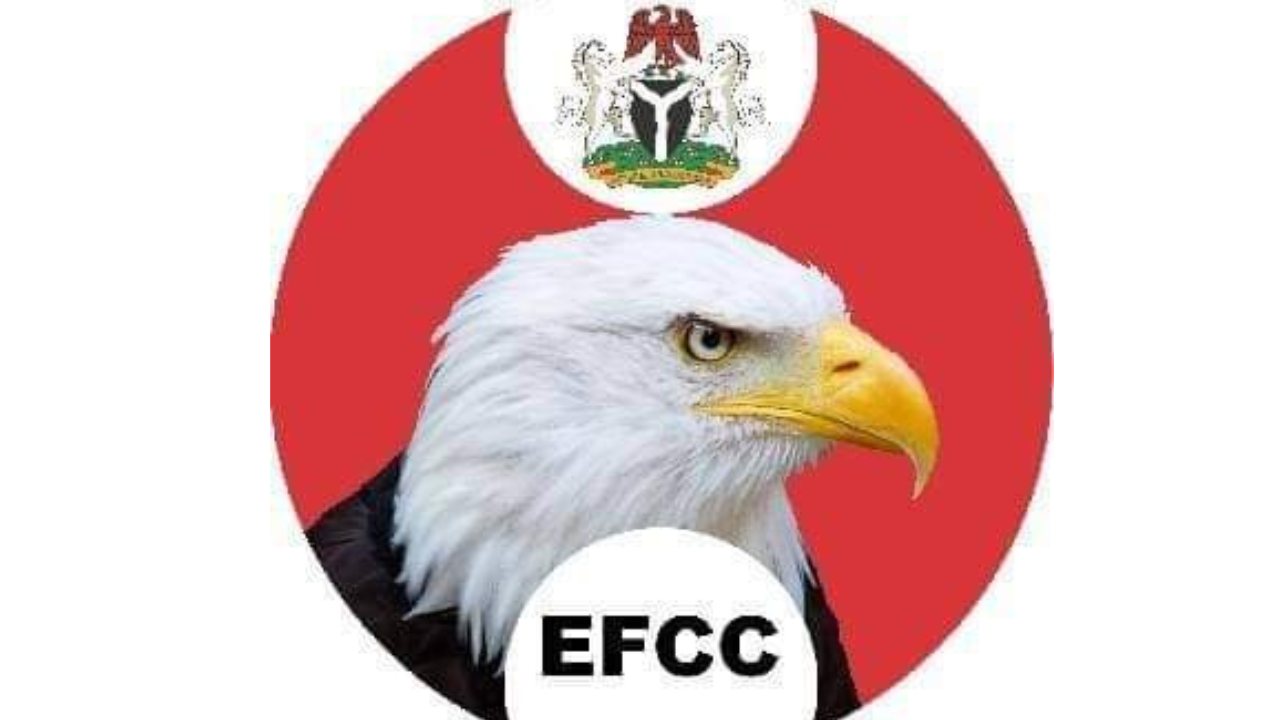The Economic and Financial Crimes Commission (EFCC) has appealed to the National Assembly (NASS) to pass a law criminalising unexplained wealth.
EFCC chairman, Mr. Ola Olukoyede, made the appeal at the National Conference on Public Accounts and Fiscal Governance, which the Senate and House of Representatives Public Accounts Committees organised in Abuja yesterday.
He said Nigeria cannot win the anti-corruption war without legal backing to hold public officers accountable for assets far beyond their legitimate earnings.
Olukoyede, who described the magnitude of public sector corruption as disturbing, said the EFCC had just begun examining the books of the Nigerian National Petroleum Company (NNPC) Limited. What had emerged so far was mind-boggling, yet only a fraction of the rot.
“In the last three weeks, we started a commission-wide investigation into the extractive industry, particularly the oil and gas sector. What we have discovered is mind-boggling.
“And we have only just opened the books. So much more corruption is to be unravelled. If this is what we’re seeing at the surface, imagine what lies beneath,” he said.
The EFCC Chairman said this discovery underscores how deeply embedded fiscal misgovernance is across the system, calling fiscal rascality and mismanagement of public resources a core driver of Nigeria’s economic woes and security challenges.
“There is a powerful connection between the mismanagement of our resources and insecurity. When you look at banditry, kidnapping, terrorism, trace it back, and you will find a pattern of corrupt practices and diversion of funds that were meant to improve people’s lives,” he said.
Olukoyede, who previously served as Secretary to the EFCC before his confirmation as Chairman, lamented the legal bottlenecks hindering the Commission’s ability to prosecute suspicious cases.
He recounted how investigations into public officers often stall because the law still requires a “predicate offence” — a specific crime such as theft or fraud — before assets can be seized or charges filed.
“Help me pass the Unexplained Wealth Bill. I’ve been begging for the past year. This same bill was thrown out in the last Assembly. If we don’t make individuals accountable for what they have, we’ll never get it right.
“Someone has worked in a ministry for 20 years. We calculate their entire salary and allowances. Then we found five properties — two in Maitama, three in Asokoro. Yet we’re told to go and prove a predicate offence before we can act. That is absurd,” Olukoyede said.
He explained that the proposed legislation would make it a strict liability offence for anyone to possess assets grossly beyond their known and legal income sources.
“Once you live beyond your means, you should be held accountable. Until we do this, there will always be an escape route for the corrupt,” he said.
Olukoyede painted a grim picture of the global dimensions of Nigeria’s looted wealth, revealing that the Commission is currently tracking illicit assets across multiple jurisdictions, from America and Turkey to the most unexpected locations like Iceland.
“Last month alone, I visited four or five countries chasing Nigeria’s stolen assets. An ambassador even told me they discovered an estate in Iceland owned by a Nigerian. Iceland of all places!” he said.
The EFCC boss admitted that no anti-graft agency can recover more than half of what has been looted, no matter how efficient.
“There is no amount of capacity I can build, no level of effort I can put in, that will enable me to recover even half of what has been stolen from Nigeria because the custodians of those assets in foreign countries don’t want to let go. And they won’t,” he said.
Olukoyede also fingered foreign governments, alleging they enable corruption by keeping stolen funds under various pretexts.
“I told them at the United Nations Forum last December that if you are holding onto Nigeria’s stolen assets, we see you as an accessory after the fact. They grumbled, but I didn’t care,” he said.
The EFCC Chairman criticised the widespread culture of impunity in Nigeria’s public service, where those already under prosecution are often celebrated, and compliance with financial laws is flouted with impunity.
“We are doing this work. We see people who have stolen our money. We have shown you evidence. We’ve traced where the money went. We are already in court. Yet, they’re being celebrated all over the place. Does that show we’re serious?” Olukoyede queried.
He said even calls for compliance are often met with subtle resistance, noting that over 700 federal Ministries, Departments, and Agencies (MDAs) continue to operate without adequate internal controls.
Olukoyede questioned the National Assembly’s capacity to oversee them all and called for structural reforms that can prevent leakages before they happen.
“How many books can you check? How many files will you read? We need to build strong internal compliance systems that can proactively checkmate corruption,” he said.
We’ve got the edge. Get real-time reports, breaking scoops, and exclusive angles delivered straight to your phone. Don’t settle for stale news. Join LEADERSHIP NEWS on WhatsApp for 24/7 updates →
Join Our WhatsApp Channel










